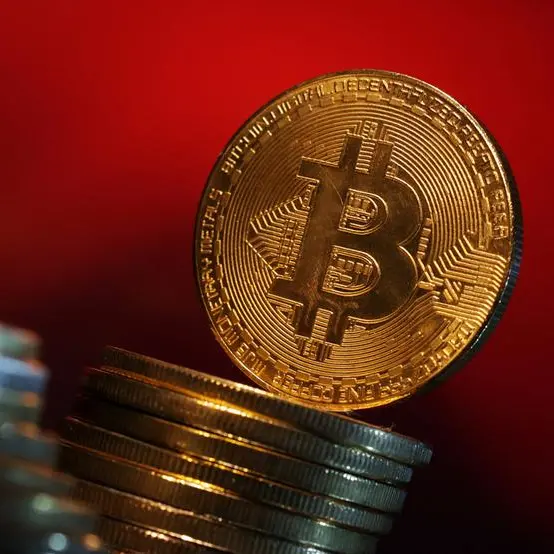PHOTO
PANAMA CITY - Lawmakers in Panama's National Assembly on Thursday approved a bill to regulate the use and commercialization of crypto assets in the Central American country renowned as a hub of offshore financial services.
The bill opens the door to private and public use of crypto assets, and will make it possible for people to pay their taxes with cryptocurrencies. Experts warned it could heighten Panama's reputation as a place lacking financial transparency.
The legislation is broader in scope than measures passed by El Salvador, which last year made bitcoin legal tender, said independent lawmaker and promoter of the bill Gabriel Silva.
"We're seeing the emergence of many different types of crypto assets like works of art," he said. "That's why we didn't want to limit ourselves only to cryptocurrencies."
The bill covers the trading and use of crypto assets, issuance of digital securities, new payment systems and the tokenization of precious metals. Tokenization is when rights to an asset are converted into digital formats.
Under the new legislation, Panamanians may use crypto assets as means of payment for any civil or commercial operation not prohibited by law in the country.
Panama is on the European Union's list of tax havens, and Romain Dromard, chief executive officer at financial investment advisory firm K&B Family Office, said the crypto bill would not help it appear more transparent.
"Panama was already in a bad position and these payment methods skip the due diligence processes that international organizations are asking Panama to embrace," he said.
The bill, which now passes to President Laurentino Cortizo to be signed, was approved in the assembly with 38 votes in favor, two abstentions and no votes against.
Belisario Castillo Saenz, chief executive officer of tokenization firm Feänor Corp, argued that crypto assets could help the unbanked, given that internet penetration is high in Panama but only one in four people have bank accounts.
The bill could also make banks that have created barriers to using cryptocurrencies more cooperative, said Jose Fabrega of CryptoSPA, a hub for crypto and blockchain services.
Still, K&B's Dromard said the role banks will play under the new rules is unclear and forecast that it will take years for traditional institutions to use the assets.
In addition, small and medium businesses would not be able to switch to such highly volatile assets, he argued.
(Reporting by Elida Moreno and Valentine Hilaire; Editing by Cynthia Osterman)





















